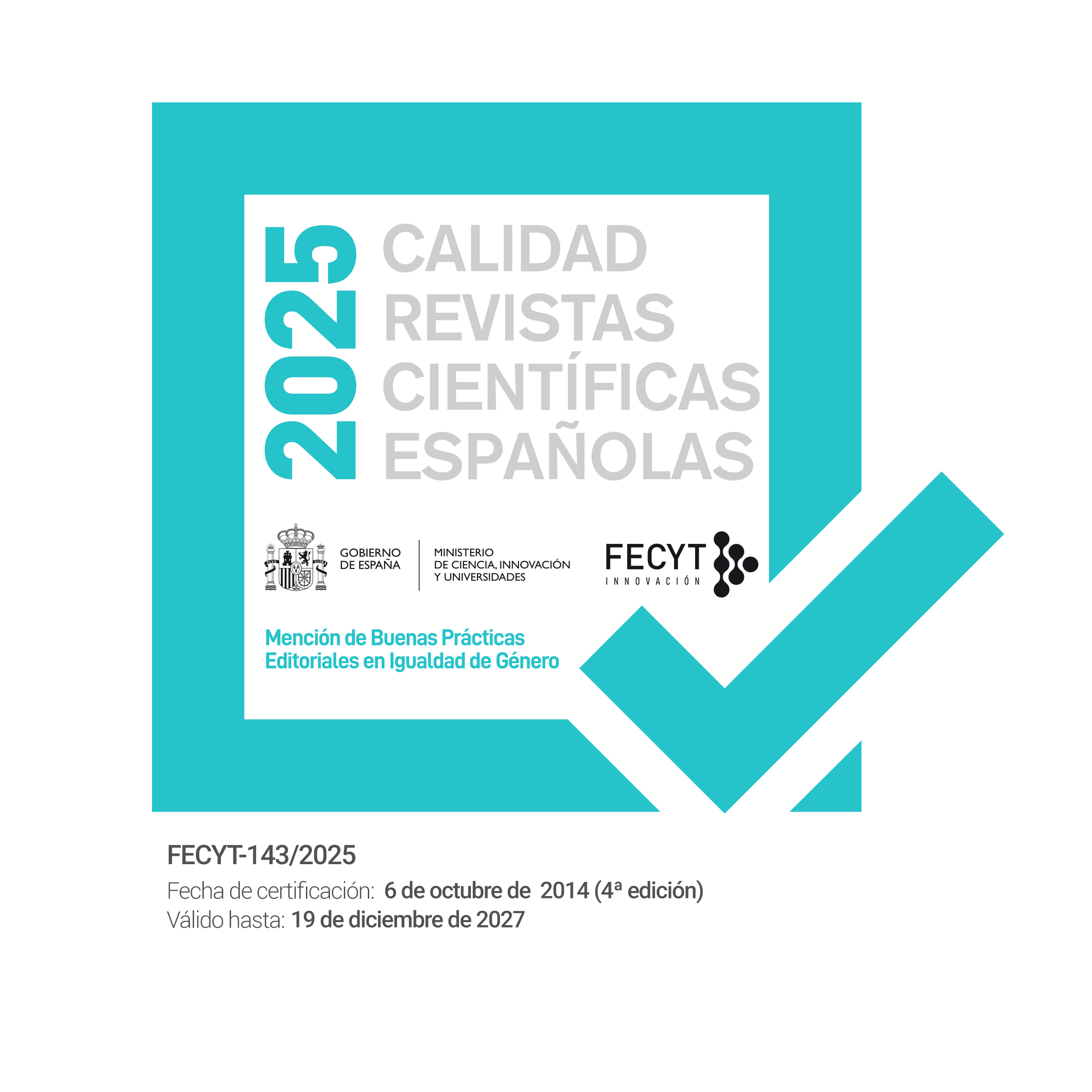FROM LANGUAGE TEACHING TO LANGUAGE ASSESSMENT WITH THE HELP OF TECHNOLOGICAL RESOURCES: HIGHER EDUCATION STUDENTS AND ORAL PRODUCTION
Keywords:
oral skills, language learning in distance learning, continuous assessment, English as a Foreign LanguageAbstract
In this paper I present the results of a study carried out in order to assess the oral production skills of distance learning students enrolled in a university degree, and their experience with digital resources to produce their assessment tasks. Both the practice of speaking in a foreign language and the assessment of oral production skills constitute an important endeavor that often meets methodological and technological difficulties in traditional face-to-face learning environments, but more particularly in distance learning ones. After analyzing students’ needs and peculiarities coming from a distance learning context, some research has been conducted in order to test and propose an activity where the students individually design and produce a video in which they explain a topic of their choice as a continuous evaluation task. They then receive the teacher's feedback by means of a rubric which allows them to improve their learning at the same time that it enables teachers to obtain valuable information about students’ progress as regards oral productive skills. The results of the study show how students can improve their oral production skills with self-study and how the preparation of this assessment activity has a positive effect on their language proficiency as well as on their digital competence.
Downloads
Downloads
Published
How to Cite
Issue
Section
License
Copyright (c) 2023 Inmaculada Senra Silva

This work is licensed under a Creative Commons Attribution-NonCommercial-NoDerivatives 4.0 International License.
El Grupo de Investigación “La lengua inglesa en el ámbito universitario” HUM-397 conserva los derechos de copyright de los artículos publicados y permite la reutilización de los mismos bajo licencia Creative Commons: Creative Commons Atribución-NoComercial-SinDerivar 4.0 Internacional: se pueden copiar, usar, difundir, transmitir y exponer públicamente los artículos mencionados, siempre que (a) se cite la autoría y la fuente original de su publicación, (b) no se usen para fines comerciales, (c) no se creen obras derivadas mediante su transformación, (d) se mencione la existencia y especificaciones de esta licencia de uso.








